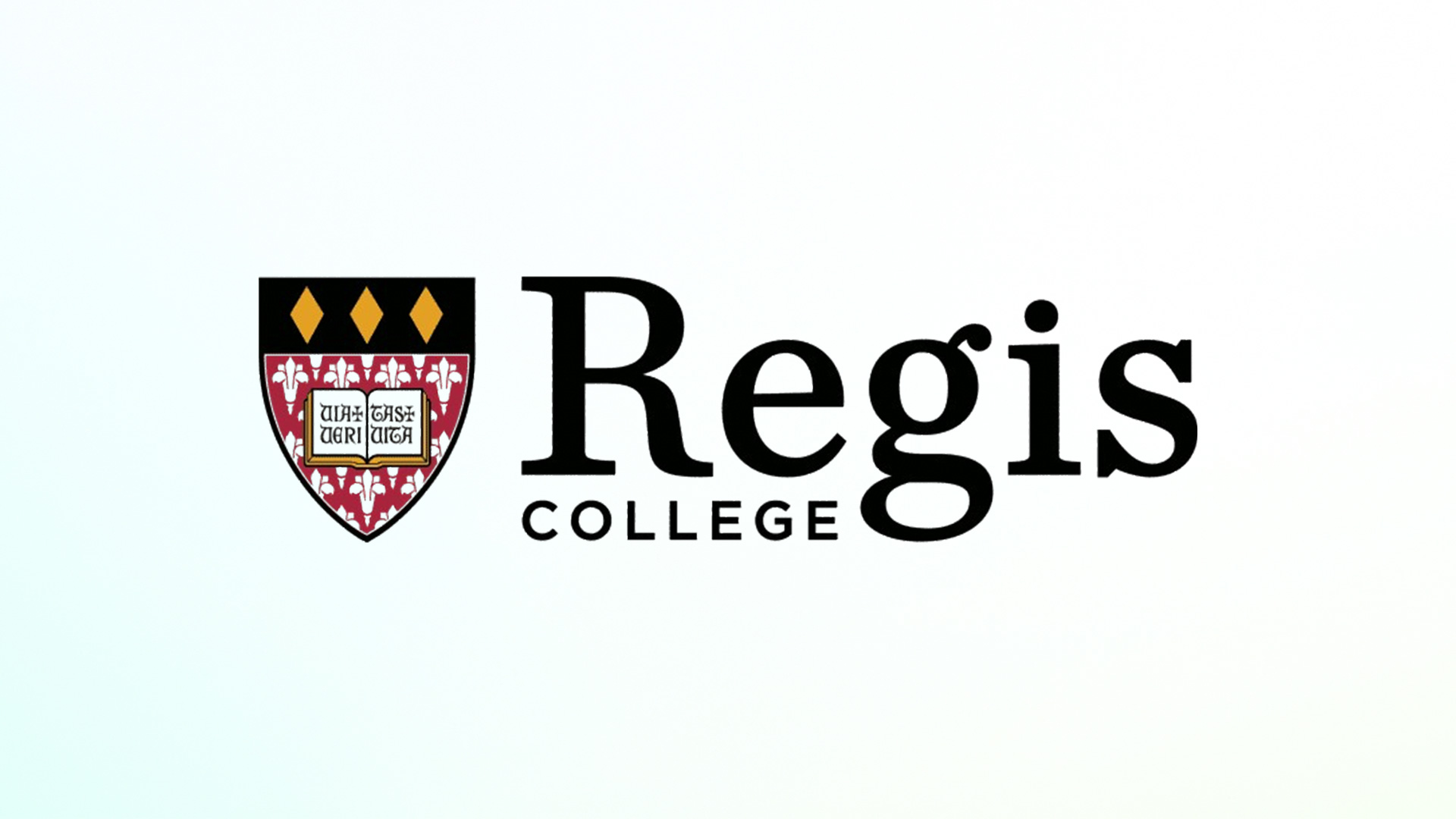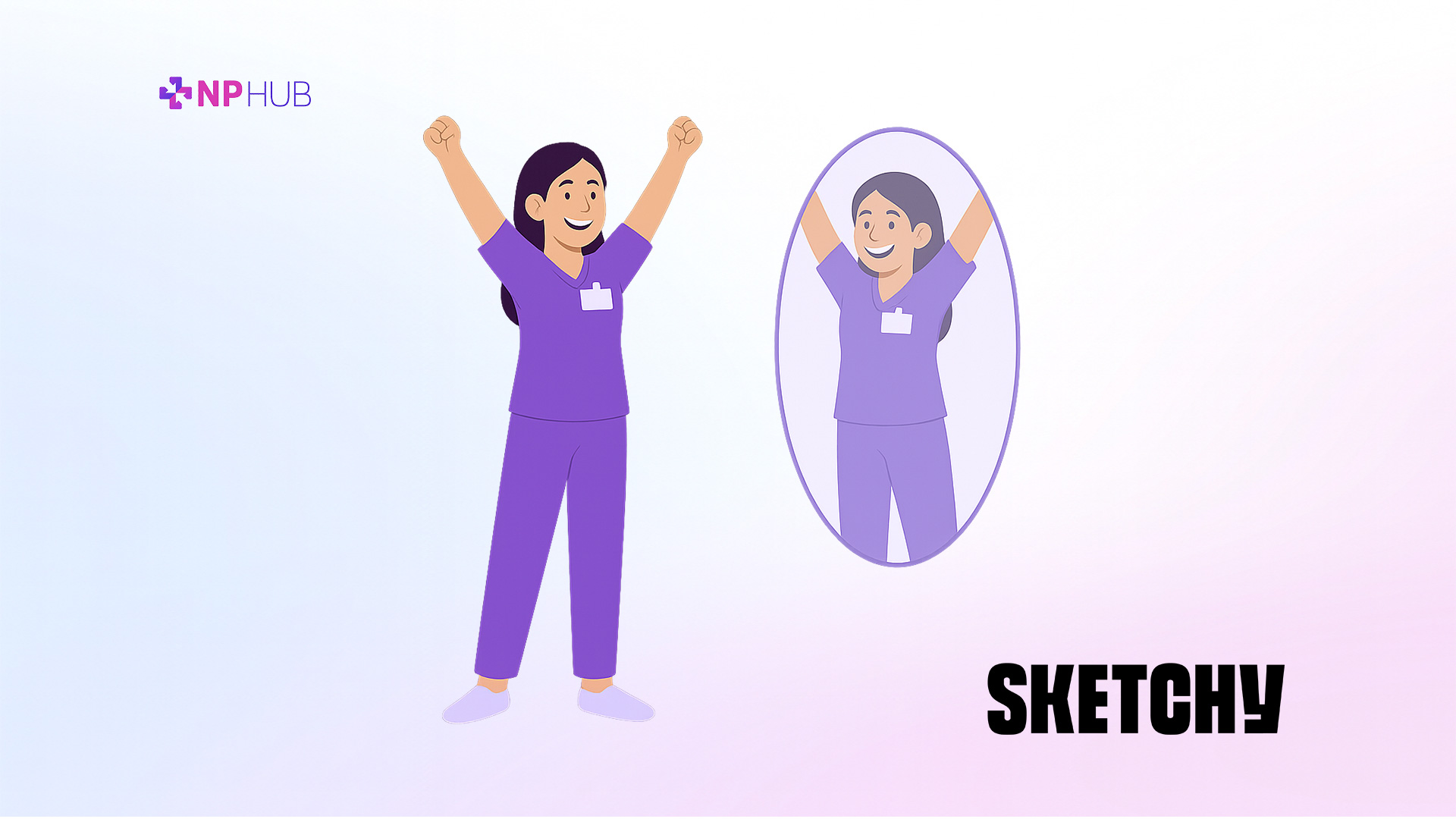Preceptor Tree is a legitimate preceptor matching service that connects NP students with clinical preceptors across the U.S. It aims to streamline the placement process, though user experiences vary widely depending on specialty, region, and the level of support received.
TL;DR – Is Preceptor Tree legit? Insights on Preceptor Matching Services
- Preceptor Tree is a real service, but results vary—some NP students succeed, others face delays, poor communication, or mismatched placements.
- Preceptor matching services exist because schools don’t help and clinics are too overwhelmed to take students without outside coordination.
- Promises like “nationwide network” or “fast placement” sound great, but always ask for proof, read the fine print, and confirm school approval.
- Refund policies and vetting processes are not always clear, so get every detail in writing before you pay.
- If you want transparent pricing, hands-on support, and real results—NPHub is the platform that actually delivers.
The Real Reason NP Students Are Turning to Preceptor Services
Securing a preceptor has become the most unpredictable part of the NP journey, and let’s be real, that’s saying something. Nurse practitioner students are expected to juggle clinical hours, coursework, work shifts, and tuition… all while scrambling to secure clinical placements that their schools don’t help them with.
The challenges in securing these placements are significant, often leaving students stressed and uncertain about their clinical education.
In response, a whole industry of preceptor matching services has taken root with platforms like MatchRN, FindAPreceptor, Preceptor Tree, and yes, even NPHub. Their mission? Help NP students find a qualified preceptor, stay on schedule, and reduce the placement chaos that’s become all too common.
These services offer different promises, some highlight a nationwide network, others boast paperwork support, timely responses, or access to various specialties. For students, they can be a lifeline… or an added layer of stress, depending on how the experience plays out.
In this post, we’ll explore how this space works, what students are really saying, and whether services like Preceptor Tree actually deliver on the promise of a clinical match that meets your needs or just sound good on paper.
So, What These Services Actually Selling You?
You’re knee-deep in coursework, checking your clinical hour log, and still haven’t found a preceptor. That’s when the ads hit: “Nationwide network!” “Fast placement!” “No more stress!” cue the polished websites for Preceptor Tree, MatchRN, FindAPreceptor, and a few others all promising to be the answer to your placement prayers.
They’re offering a fix for a very real problem. But what exactly are you getting? These preceptor matching services promise to:
- Connect you with qualified preceptors across various specialties like family medicine, psychiatry, women’s health, and pediatrics
- Tap into a nationwide network to find a clinical site when your local cold calls lead nowhere
- Handle the paperwork support, so you’re not chasing affiliation forms during lunch breaks
- Get back to you fast—some, like Preceptor Tree, advertise replies within one business day
These services assist students by navigating the complexities of securing clinical placements. They provide essential support, helping you manage your academic responsibilities while finding precepting opportunities.
On the surface, it sounds like the ultimate win for nurse practitioner students: fewer emails, less stress, and a direct line to someone who will take your call (and hopefully your rotation). The promise is a streamlined process that helps you meet your clinical needs and actually graduate on time.
But let’s not sugarcoat it: just because the websites say the right things doesn’t mean the experience always lives up to the pitch. A “nationwide network” might turn into three options two states away. “Qualified preceptors” might not be the perfect preceptor for your school’s requirements or timeline.
That’s not to say these services don’t help, but if you’re going to trust one with your NP journey, it helps to know how this all got started in the first place.
Why Preceptor Tree And Any Of These NP Preceptor Matching Services Even Exist In The First Place
Let’s be clear: nurse practitioner students didn’t ask for this mess. You’re training to treat patients, not moonlight as a placement coordinator.
And yet, here we are… thousands of NP students navigating a system where the responsibility to find a preceptor has been quietly dumped on their shoulders. In many programs, clinical placements are no longer managed by the school; instead, students are told to secure their own clinical sites. No leads. No templates. No safety net.
At the same time, the demand for qualified preceptors keeps climbing. More NP programs are graduating more students, many of whom need experience in primary care, women’s health, internal medicine, and psychiatry, but the number of available preceptors hasn’t kept up.
Burnout, packed schedules, and lack of compensation have made it harder than ever for providers to say yes to students. Finding a preceptor has become increasingly difficult, especially during the Covid era, making it essential for students to access networks and services that can facilitate this process.
This disconnect has created what we now call “the preceptor gap.” And it’s why preceptor matching services like Preceptor Tree, MatchRN, FindAPreceptor, and NPHub have stepped in to fill it.
These companies didn’t invent the chaos, they’re just trying to organize it.
In theory, they help NP students avoid last-minute panic, preserve their semester, and complete clinical rotations without begging strangers on Facebook or cold-emailing 40 clinics. And for some, these services are exactly what they need to move forward.
But just because they exist doesn’t mean they all operate the same way or that they’re always the best choice. So how are students actually experiencing these platforms in real life?
Students Speak: The Good, the Bad, and the BBB
Talk to enough nurse practitioner students, and you’ll hear two kinds of stories about preceptor matching services.
Some sound like a dream come true:
“I submitted my info and got matched in a few days.”
“They helped with all the paperwork and coordinated directly with my school.”
“I’d been searching for weeks, and this was the only thing that worked.”
That’s the upside. For students racing against semester deadlines or struggling to find a clinical site in a competitive area, these platforms can absolutely deliver, especially when they communicate well, act fast, and provide vetted preceptors who align with your clinical needs.
Students have praised individual support reps, quick responses, and placements in tough specialties like psychiatry, women’s health, and pediatrics. Some even called their experience “essential” to staying on track to graduate.
But then there’s the other side.
Other students report getting stuck in what feels like an expensive holding pattern. You pay, you wait, and... nothing. Or worse, you get matched with a preceptor who doesn’t meet your program’s qualifications, forcing you to start the process over—minus a refund.
The most consistent complaints across platforms tend to fall into a few categories:
- Limited transparency about the actual network
- Preceptors who weren’t as “qualified” as promised
- Delays in communication when support is needed most
- Unclear refund or rescheduling policies if something falls through
And then there's the official record: For example, some hold an F rating with the Better Business Bureau (BBB) due to unresolved complaints and failure to respond. While that’s not the whole story, and they do have positive student testimonials, it’s one more signal to NP students that quality assurance can vary widely between services.
The truth is, the clinical experience you get, and how much support you receive, can depend on more than just who has the flashiest website. It depends on process, follow-through, and how much these companies actually advocate for students once the contract is signed.
So, what should you look for before committing? Because a service might be legit, but that doesn’t mean it’s always a good fit.
Should You Use A Nurse Practitioner Preceptor Matching Service At All?
Here’s the bottom line: just because a preceptor matching service is legit, doesn’t mean it’s the right fit for you. These services exist to solve a real problem and they do work for many nurse practitioner students. Each student's unique needs should influence their choice of preceptor matching service.
If you’re in a rural area with limited clinical sites, need a clinical match fast, or have exhausted your own network, platforms like Preceptor Tree, FindAPreceptor, MatchRN, and others can help you secure a preceptor and finish your clinical rotation without blowing up your semester.
But here’s what you need to know before you trust a service with your clinical education (and your wallet):
Ask For Specifics (Hint: Search For Preceptor Tree reviews Or The Service You're Interested In)
Who’s in their network for your specialty? Are those preceptors actually available or just listed? Finding the right preceptor is crucial for your clinical education, as it can significantly impact your clinical rotations and overall educational experience. Ask about family medicine, internal medicine, women’s health, psychiatry, whatever you need. Get clarity, not just marketing language.
Read the Refund Policy
Can you get your money back if the preceptor cancels? What happens if the placement doesn’t meet your school’s requirements? If the refund terms are vague, push for details or walk. Additionally, ensure you understand how to submit forms or requests for services to facilitate any necessary refunds or changes.
Look Beyond The Buzzwords (For Example Preceptor Tree Cost)
Words like “vetted,” “streamlined,” and “qualified” sound great, but what do they mean in practice? Ask how they vet new preceptors, how often the matching process fails, and what quality assurance looks like when things go wrong. It's crucial to focus on how these services streamline processes for nurse practitioner students, reducing stress and allowing them to concentrate on their clinical learning and training.
Consider The Cost Vs. Value
Let’s not pretend these services are cheap. You’re already paying tuition, this is an added expense. But if the support, communication, and placement are solid, the value might be worth it. These services offer unique benefits specifically tailored for various stakeholders in the healthcare education sector, including nurse practitioner students, graduate nursing programs, preceptors, and medical practices. If it’s all on autopilot, maybe not.
At the end of the day, these platforms are tools, not magic. Some students use them to save their NP journey, others end up more stressed than when they started. The trick is doing your homework, asking real questions, and not getting lured in by a shiny homepage.
Still unsure? Good. You should be picky. Let’s talk about how NPHub fits into this landscape and why we’ve worked hard to do it differently.
Why NPHub Was Built In The First Place
Let’s be honest… This system wasn’t built to make life easy for nurse practitioner students. You’re paying thousands in tuition, taking on full-time coursework, and yet somehow still expected to act as your own clinical placement coordinator. The challenges are numerous, from securing clinical placements to finding qualified preceptors.
It’s exhausting. And it’s exactly why we built NPHub: not just to be another preceptor matching service, but to actually do this differently—for real.
We saw what was happening:
- Students getting matched with preceptors who didn’t meet school qualifications
- Delayed rotations because of incomplete paperwork or poor communication
- Services that took payment, made a promise, and didn’t follow through
- NPs falling behind in their journey—not because of ability, but because the system made access impossible
At NPHub, we decided to fix that. Here’s how:
We Don’t Just Collect Names, We Build Real Networks
Our preceptors aren’t just “on file”—they’re experienced, reviewed, and qualified. We match students with professionals who know what it means to teach and support real clinical education. NPHub's broader network ensures a comprehensive and supportive experience, providing students with a variety of clinical rotation options and efficient support throughout their educational journey.
We work across primary care, psychiatry, women’s health, pediatrics, internal medicine, and more—because access shouldn’t depend on your zip code or specialty.
We Lead With Clarity, Not Fine Print
Our pricing is transparent. Our timelines are realistic. And if something changes? You’ll know immediately. We treat your time and your rotation like it matters—because it does. Having an organized system within your account ensures you can access necessary documents efficiently.
We Built A Process With Students In Mind
From paperwork support and site coordination to responsive follow-up, we’re here to make sure your clinical match isn’t just fast—it’s right. You won’t be passed around or left guessing. You’ll have an actual team backing you. We understand the importance of meeting academic milestones, and we ensure that students who have completed at least one semester in their advanced nursing programs are on track to complete their program within the required time frame.
And If Something Goes Wrong, We Don’t Disappear
We’ve had students come to us after other services failed them. We step in, we troubleshoot, we find the right clinical site, and we don’t stop until it’s done.
We’re not perfect—but we’re accountable. And we’re deeply invested in the success of every NP student we work with. The increasing demand for nurse practitioner graduates underscores the importance of our commitment.
So if you’re tired of doing it all on your own (or you’ve already tried and hit a wall) we’re here. With a bigger network, a smarter process, and a team that gets how much this really matters.
Let’s get you the preceptor you deserve, so you can keep going, keep growing, and move one step closer to graduation.
You don’t need to settle for unclear timelines, unvetted preceptors, or paying for empty promises. You need a match that makes sense for your schedule, your specialty, and your goals and you deserve a service that treats your clinical placement like it’s just as important as everything else in your education.
Thousands of nurse practitioner students have used NPHub to complete their clinical rotations, stay on track for graduation, and reduce the mental load that comes with trying to do it all alone.
This is what we do, and we do it for you.
If you’re ready for support that actually supports you, start here, explore our network, tell us your clinical needs, and we’ll help you find your next preceptor without the stress.
Frequently Asked Questions (FAQs)
1. What Are Preceptor Matching Services, and Why Do They Exist?
They’re companies that help NP students find clinical preceptors when schools offer little support and clinics are already overwhelmed or at capacity.
2. Do Preceptor Matching Services Actually Work?
Sometimes. Some students get matched quickly and graduate on time. Others experience delays or miscommunications. Success depends on how well the service supports students through the process.
3. Why Is It So Hard to Find a Preceptor Without Help?
There’s a nationwide shortage of available preceptors—especially in high-demand areas like mental health and women’s health. Many providers are already overbooked and unable to take on students.
4. Are All Preceptor Matching Services the Same?
No. Every service differs in pricing, communication, vetting standards, and support. It’s important to research thoroughly, read reviews, and ask detailed questions before signing up.
5. What Should I Look Out for When Using One of These Services?
Be cautious of unclear refund policies, vague language like “guaranteed,” and limited communication. Make sure you know exactly what you’re paying for and what happens if something goes wrong.
6. What Happens If the Placement Doesn’t Meet My Program Requirements?
You could lose valuable time and money. Always confirm your school approves the site and preceptor before committing to a service.
7. What’s the Biggest Risk of Using a Preceptor Matching Service?
Spending money on a placement that doesn’t materialize or doesn’t meet requirements—with little or no recourse. Always ask about their follow-up process and backup plans.
10. Is There a Better Option for NP Students Who Need Help?
Yes—NPHub was built specifically for NP students. We offer transparent pricing, verified preceptors, responsive support, and fast, reliable matches. You’re never left guessing, and we stay with you every step of the way.
Key Definitions
- Preceptor
A licensed clinician (usually an NP, MD, or PA) who supervises NP students during their clinical rotations. - Clinical Rotation
A hands-on training experience in a healthcare setting where NP students apply classroom knowledge under supervision. - Preceptor Matching Service
A company that helps NP students find clinical placements—often for a fee—when traditional routes fail. - Affiliation Agreement
A formal contract between a clinical site and a school that allows students to complete rotations there. - Credentialing Documents
Required paperwork like immunizations, background checks, and malpractice insurance needed before starting a rotation. - Specialty Match
A clinical placement aligned with a student’s program focus, such as psychiatry, women’s health, or pediatrics. - Vetted Preceptor
A preceptor who has been screened for qualifications, licensure, and experience working with NP students. - Placement Guarantee
A promise (often loosely defined) that a service will find a student a clinical site—usually with conditions. - Refund Policy
The official terms for whether and how you can get your money back if a placement falls through. - Support Rep or Coordinator
The person from a matching service who handles your placement process, communication, and paperwork follow-up.
About the author
- NPHub Staff
At NPHub, we live and breathe clinical placements. Our team is made up of nurse practitioners, clinical coordinators, placement advisors, and former students who’ve been through the process themselves. We work directly with NP students across the country to help them secure high-quality preceptorships and graduate on time with confidence. - Last updated
May 24, 2025 - Fact-checked by
NPHub Clinical Placement Experts & Student Support Team - Sources and references
Find a preceptor who cares with NPHub
Book a rotation.webp)








.webp)


.webp)



.webp)